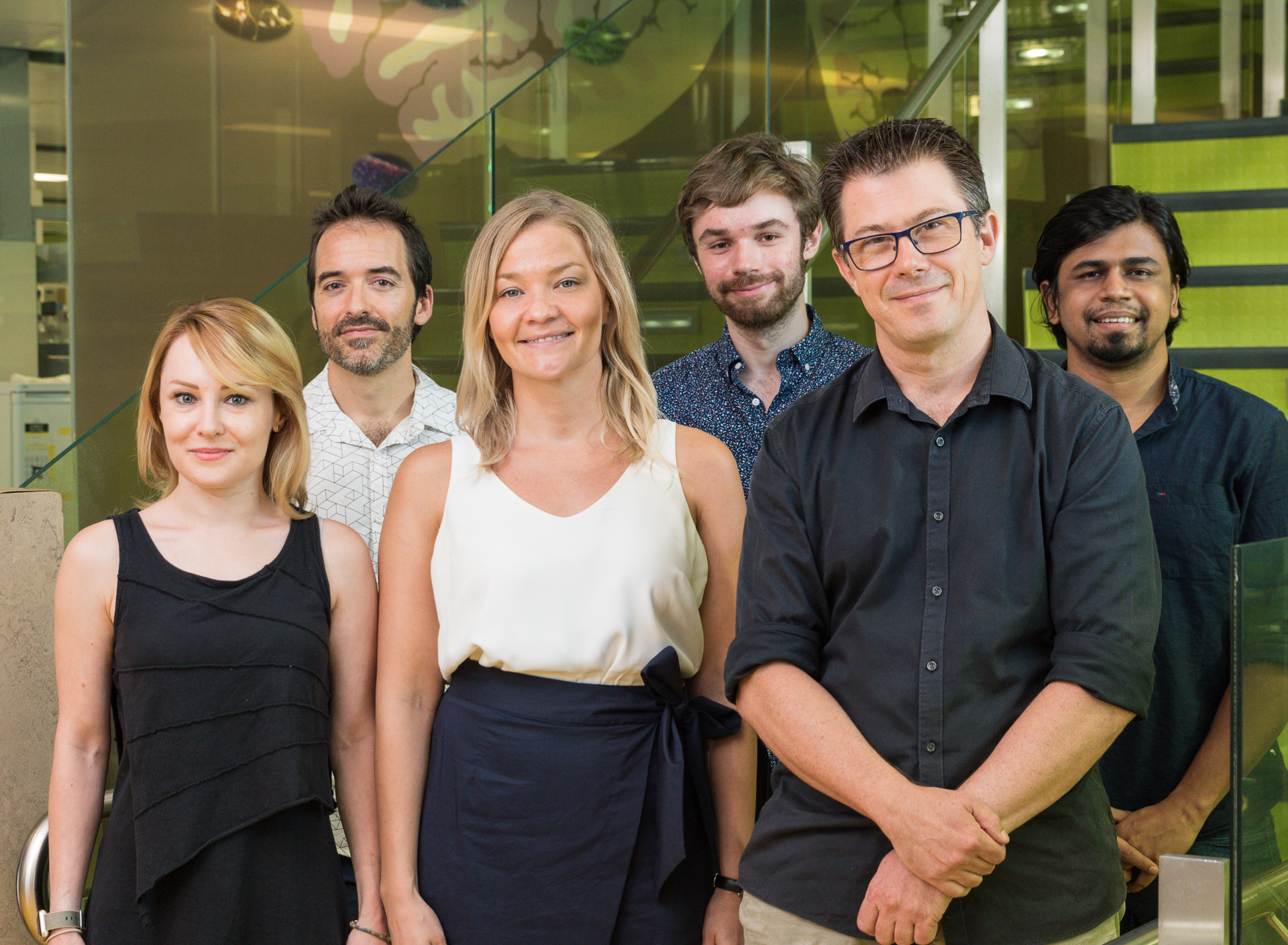QBI’s success in the nation’s two major funding rounds has reaffirmed its position as one of Australia’s leading neuroscience research centres.
The institute once again enjoyed a high success rate in the Australian Research Council (ARC) and National Health and Medical Research Council (NHMRC) 2018 grant rounds, securing funding at a success rate that was, in some cases, more than double the national average. Of the four UQ researchers to receive two grants, half were from QBI – Associate Professor Bruno van Swinderen and Associate Professor Massimo Hilliard.
QBI received over $3.2 million in ARC grants, and $8.5 million in NHMRC funding, an important contribution to The University of Queensland’s total of $38.6 million in ARC funding and $42 million in NHMRC grants.
QBI ARC grants
Discovery Early Career Research Awards (DECRA)
DECRAs are awarded to researchers in the early stages of their career to support their work and help advance their research careers. QBI’s success rate was 37.5% compared to a national average of 17.2%.
Dr Will Harrison from the Mattingley lab was awarded $385 288 over three years to investigate the influence of naturalistic context on visual short-term memory.
Dr Merja Joensuu from the Meunier lab was awarded $422,107 over three years to research a novel role for saturated fatty acids in learning and memory.
Dr Xiang Li from the Bredy lab was awarded $374,433 over three years to study the functional role of a novel DNA modification in the adult brain.

Discovery Project grants
Discovery project grants support individual or research teams to advance basic scientific research. QBI’s success rate was 33.3% compared to the national average of 22.4%.
Dr Victor Anggono was awarded $508 397 over three years to investigate the regulation of glutamate receptor dynamics in mammalian central neurons.
Associate Professor Tim Bredy was awarded $430 000 over three years to define novel neuroepigenetic pathways that influence learning and memory.
Professor Fred Meunier was awarded $668 000 over three years to unveil the nanoscale organisation and dynamics of synaptic vesicle pools.
Professor Jürgen Götz was awarded $464 000 over three years to research the regulation of mRNA translation by the microtubule-associated protein Tau.
QBI NHMRC grants
NHMRC grants have a focus on health and medical research, and driving innovation in these spaces in Australia. QBI’s success rate in this grant round was 35.1% compared to a national average of 17.3%
Associate Professor Tim Bredy was given $666 876 over four years to research towards a deeper understanding of new DNA modifications in fear-related learning.
Professor Jürgen Götz was awarded $827 521 over three years to unravel how exosomes induce and propagate tau pathology.
Associate Professor Massimo Hilliard was given two grants: one for $676 653 across 3 years to further understand the role of the metalloprotease ADM-4/ADAM17/TACE in promoting axonal repair, and another also for $676 653 over three years to further understand the role of UNC-71 in axonal regeneration.
Professor Jason Mattingley was awarded $709 254 across 3 years to investigate how visual predictions affect neural coding, from whole brain systems to single neurons.
Professor Bryan Mowry was given $481 890 across 3 years to investigate the neuro-developmental role of schizophrenia-associated genes using the zebrafish.
Dr Patricio Opazo was given $684 920 over 3 years to study the role of calcium/calmodulin-dependent protein kinase II in synaptotoxicity in Alzheimer’s disease models.
Professor Linda Richards was awarded $528 990 over 3 years to investigate the role of spontaneous activity in the formation of functional cortical circuits in vivo.
Professor Pankaj Sah was given $874 384 over 4 years to unravel the amygdala-hippocampus neural circuitry of anxiety: the role of adult-born neurons.
Dr Susannah Tye was awarded $642 949 over 4 years to study the circuit, cellular and synaptic mechanisms of nucleus accumbens deep brain stimulation
Associate Professor Bruno van Swinderen was awarded two grants: one for $435 793 over three years to bridge the gap between electrical and molecular sleep functions in the brain, and another for $786 568 over 4 years to investigate the presynaptic control of general anaesthesia.
Dr Steven Zuryn was given $525 157 over 3 years to study the molecular protection against mitochondrial DNA damage.
Professor Fred Meunier was also awarded a NHMRC Senior Research Fellowship for his nanoscale imaging of presynaptic proteins in health and disease.



